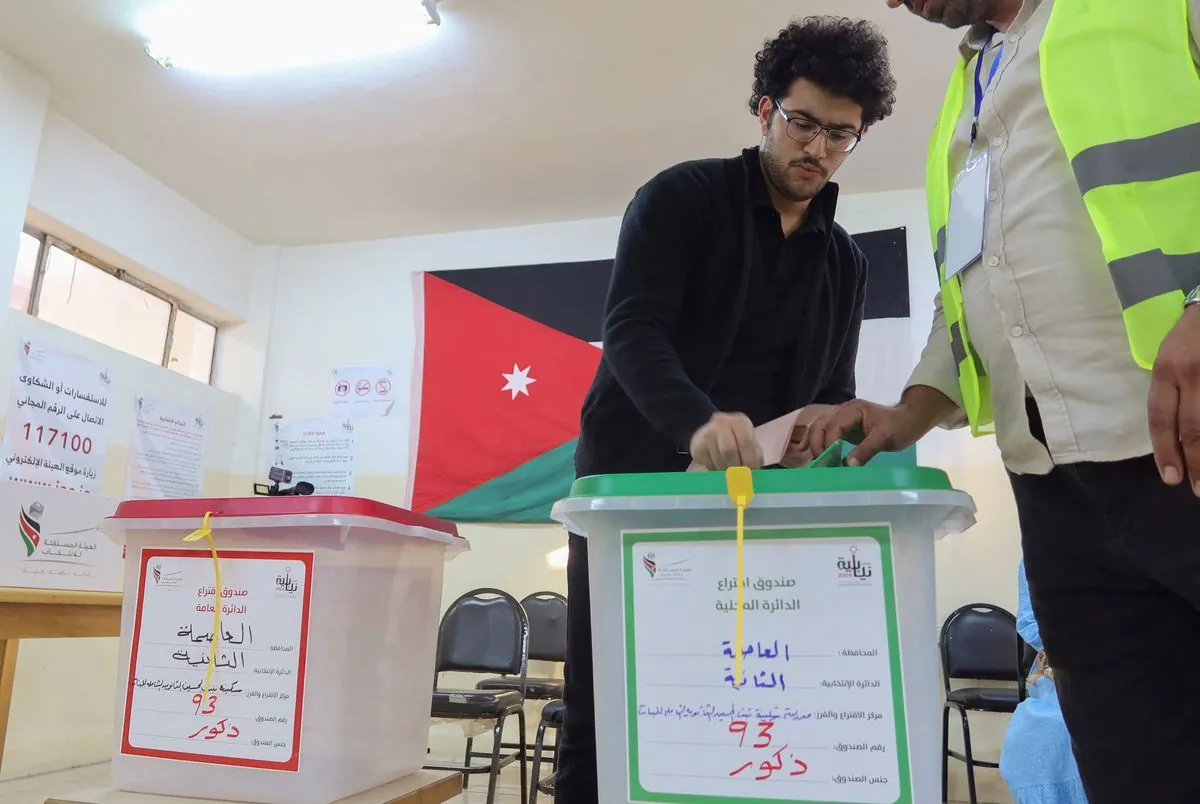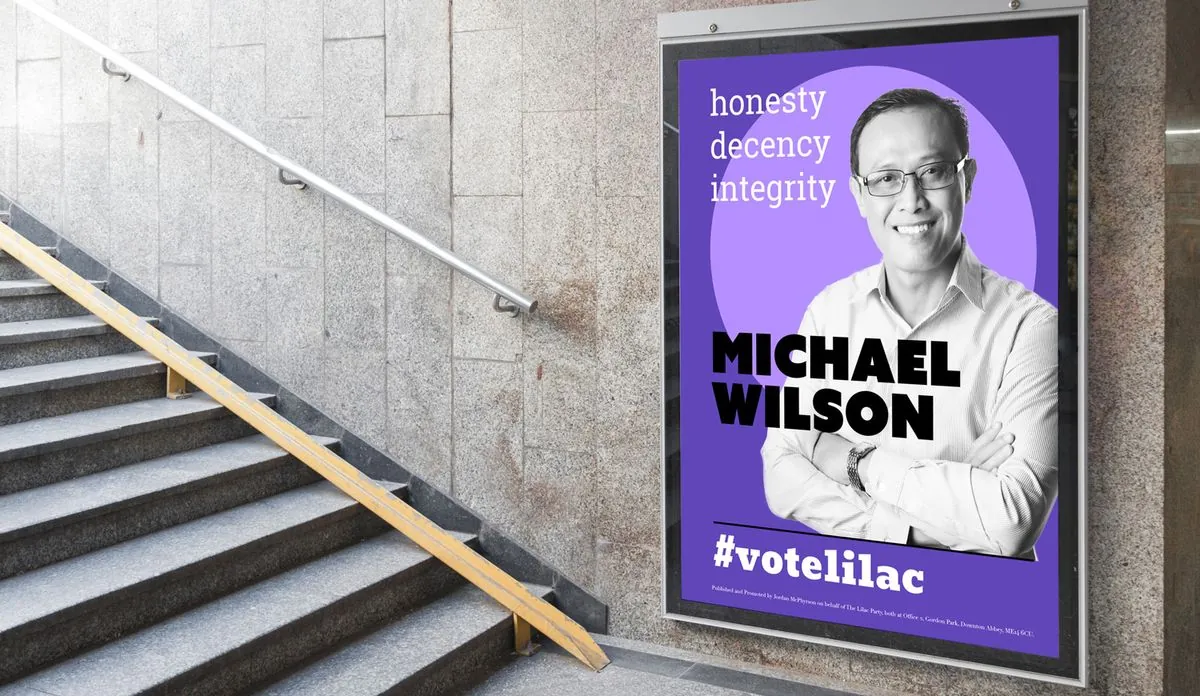Jordan's Parliamentary Elections: New Law Aims to Reshape Political Landscape
Jordan holds elections under a new law designed to reduce tribalism and boost party politics. Islamists expected to gain support amid Gaza conflict, while tribal factions likely to retain influence.

In a significant political development, Jordan is conducting parliamentary elections on September 11, 2024, under a revised electoral law introduced in 2022. This new legislation aims to diminish the influence of tribalism and enhance the role of political parties in the Hashemite Kingdom of Jordan.
The electoral reforms include direct allocation of 41 seats to over 30 licensed parties, an increase in women's representation quota from 15 to 18 seats, and a reduction in the minimum age for elected deputies from 30 to 25 years. These changes are part of Jordan's efforts to modernize its political system and encourage broader participation.
Out of Jordan's population of approximately 10 million, 5.1 million registered voters are eligible to participate in this election. The candidate pool consists of 1,623 individuals, including 353 women, competing for seats across 18 districts. This diverse representation reflects Jordan's commitment to inclusive governance and its high literacy rate, which is among the highest in the Middle East.

Despite these reforms, the electoral system continues to favor sparsely populated tribal and provincial regions over densely populated urban areas, which are predominantly inhabited by Jordanians of Palestinian descent and are considered Islamic strongholds. This disparity in representation highlights the complex demographic and political landscape of Jordan, a country that has been a major host for refugees from various regional conflicts.
The ongoing conflict in Gaza is expected to influence voter sentiment, potentially boosting support for Islamist candidates. Jordan, which signed a peace treaty with Israel in 1994, has witnessed significant anti-Israel demonstrations, with Islamist groups leading some of the largest rallies in support of Hamas.
"Officials say powerful King Abdullah's decision to go ahead with the polls was a message that politics is continuing as normal despite the Gaza war that has cast its shadow over Jordan's economic and political outlook."
While the new law aims to strengthen political parties, tribal and pro-government factions are still anticipated to maintain a strong presence in the 138-seat parliament. This balance reflects Jordan's delicate political ecosystem, where traditional structures coexist with modernizing forces.
Jordan's economy, which relies heavily on foreign aid, tourism, and remittances, may face challenges due to regional instability. However, the country's commitment to democratic processes, even in times of regional turmoil, demonstrates its resilience and dedication to political progress.
As Jordan navigates these elections, it continues to play a crucial role in regional diplomacy and peace efforts. The outcome of this vote may shape the country's approach to addressing its limited natural resources, water scarcity, and economic development in the coming years.


































